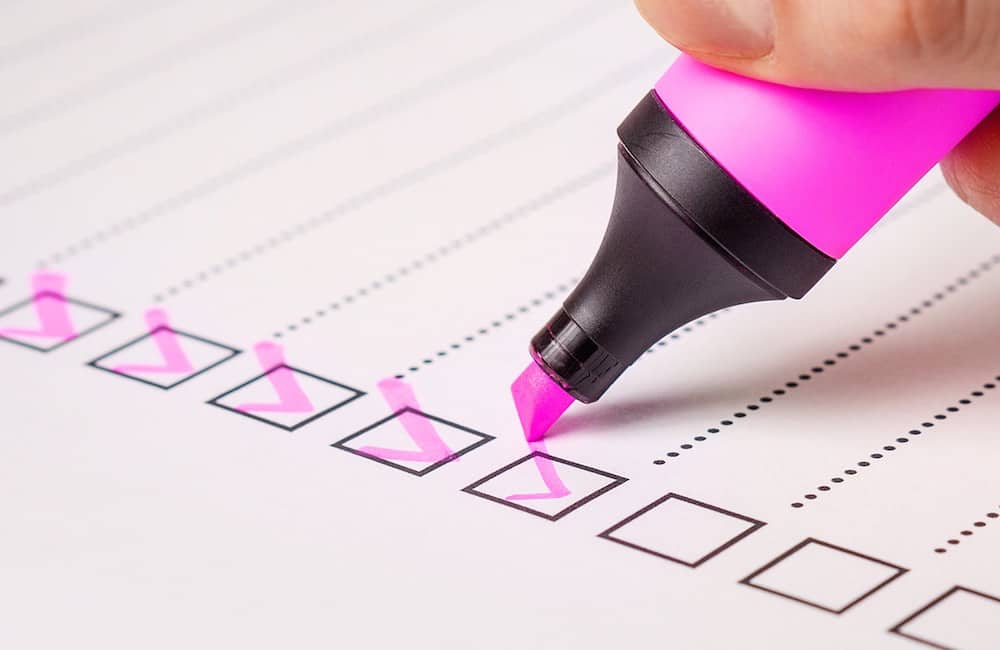
RFPs often lack pertinent information, which leads to delays and imperfect bids from meeting venues.
In an effort to provide more information upfront, here are five things meeting planners should consider adding to their RFPs to help expedite the bidding process.
Complete Date Availability
If your meeting has any kind of flexibility in scheduling, it’s essential to include a list of dates in order of preference in your RFP. This helps avoid any kind of back and forth for date consideration and helps suppliers know upfront if they have availability for your group or not.
Budget History
Being specific about your group’s maximum room rate upfront allows you to prequalify a venue from the very start and gives suppliers the opportunity to quickly submit a quote or decline to bid. By sharing your budget information and objectives at the beginning of the RFP process, this gives suppliers a clearer idea of exactly what business your group will be hoping to achieve and makes it easier for revenue managers to consider your meeting over a competing piece of business.
A Prioritized Concession List
If concessions are needed, make sure to prioritize them into “must haves” and “wants” so that a venue knows upfront how to achieve the essential goals you have for the meeting.
Specific Deadlines
Have a clear, set deadline on when the RFP is due back to you (usually within three to four days) as well as an exact date for when the decision is going to be made (within seven to 10 days). Setting short decision windows helps keep the momentum going and makes the RFP seem that much more attractive.
Complete Transparency
It also helps to be transparent about other venues competing for the bid. The less competition there is, the more likely a venue will see it as an RFP worth its time.










